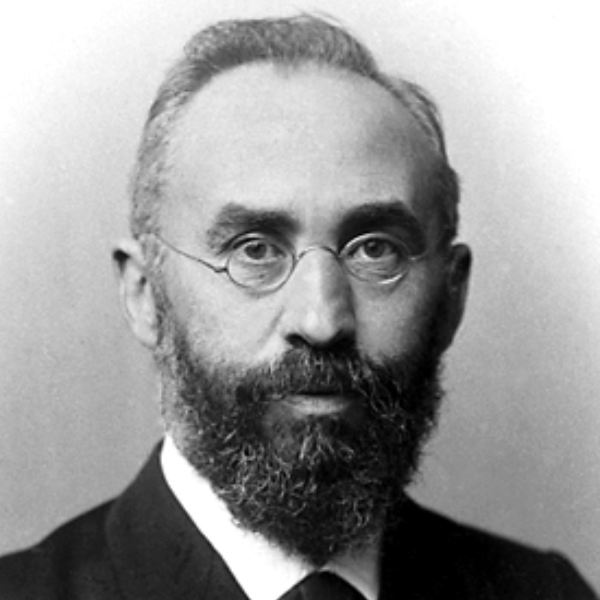
Hendrik Lorentz
( 1853 - 1928)Added Date: February 09, 2023
Born: July 18, 1853
Died: February 04, 1928
Country: Netherlands
Hendrik Lorentz was a Dutch physicist who shared the 1902 Nobel Prize in Physics with Pieter Zeeman for the discovery and theoretical explanation of the Zeeman effect.
He derived the Lorentz transformation, which Albert Einstein subsequently used to make claims to the special theory of relativity, as well as the Lorentz force, which describes the combined electric and magnetic forces acting on a charged particle in an electromagnetic field.
Hendrik Lorentz was also responsible for the Lorentz oscillator model, a classical model used to describe the anomalous dispersion observed in dielectric materials when the driving frequency of the electric field was near the resonant frequency, resulting in abnormal refractive indices.
According to the biography published by the Nobel Foundation, "It may well be said that Lorentz was regarded by all theoretical physicists as the world's leading spirit, who completed what was left unfinished by his predecessors and prepared the ground for the fruitful reception of the new ideas based on the quantum theory."
Albert Einstein wrote of Hendrik Lorentz:
1928: “The enormous significance of his work consisted therein, that it forms the basis for the theory of atoms and for the general and special theories of relativity. The special theory was a more detailed exposé of those concepts which are found in Lorentz's research of 1895.”
1953: “For me personally he meant more than all the others I have met on my life's journey.”
Fredrik Lorentz died at the age of 75, but his work and reputation live on.
He is still considered to be, “A man of remarkable intellectual powers. Although steeped in his own investigation of the moment, he always seemed to have in his immediate grasp its ramifications into every corner of the universe.”



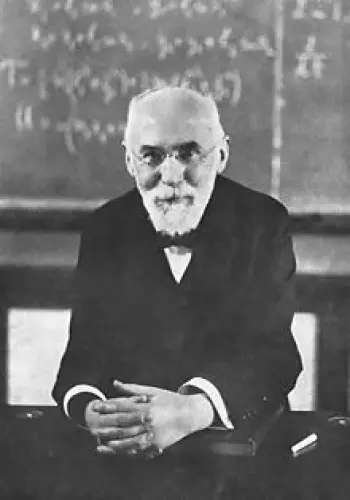
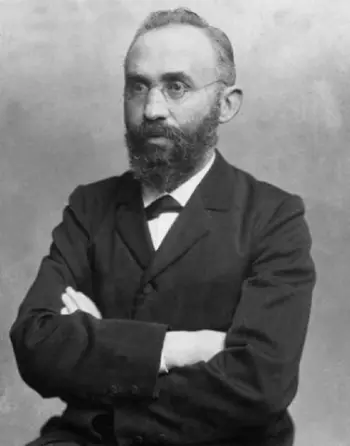


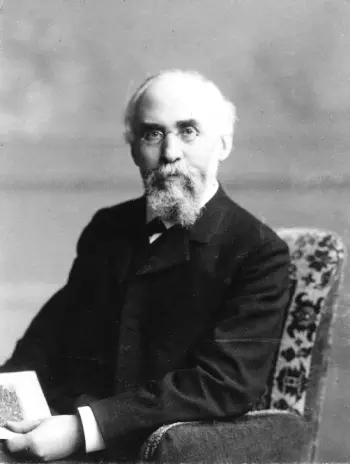
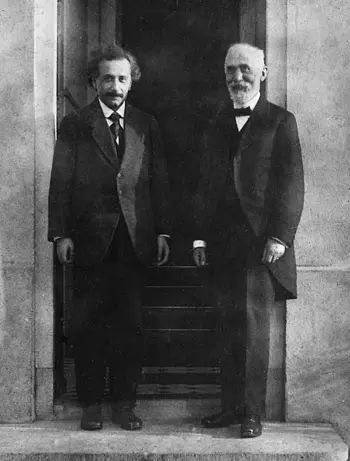
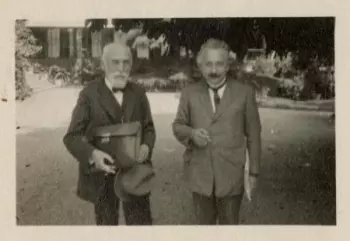
0